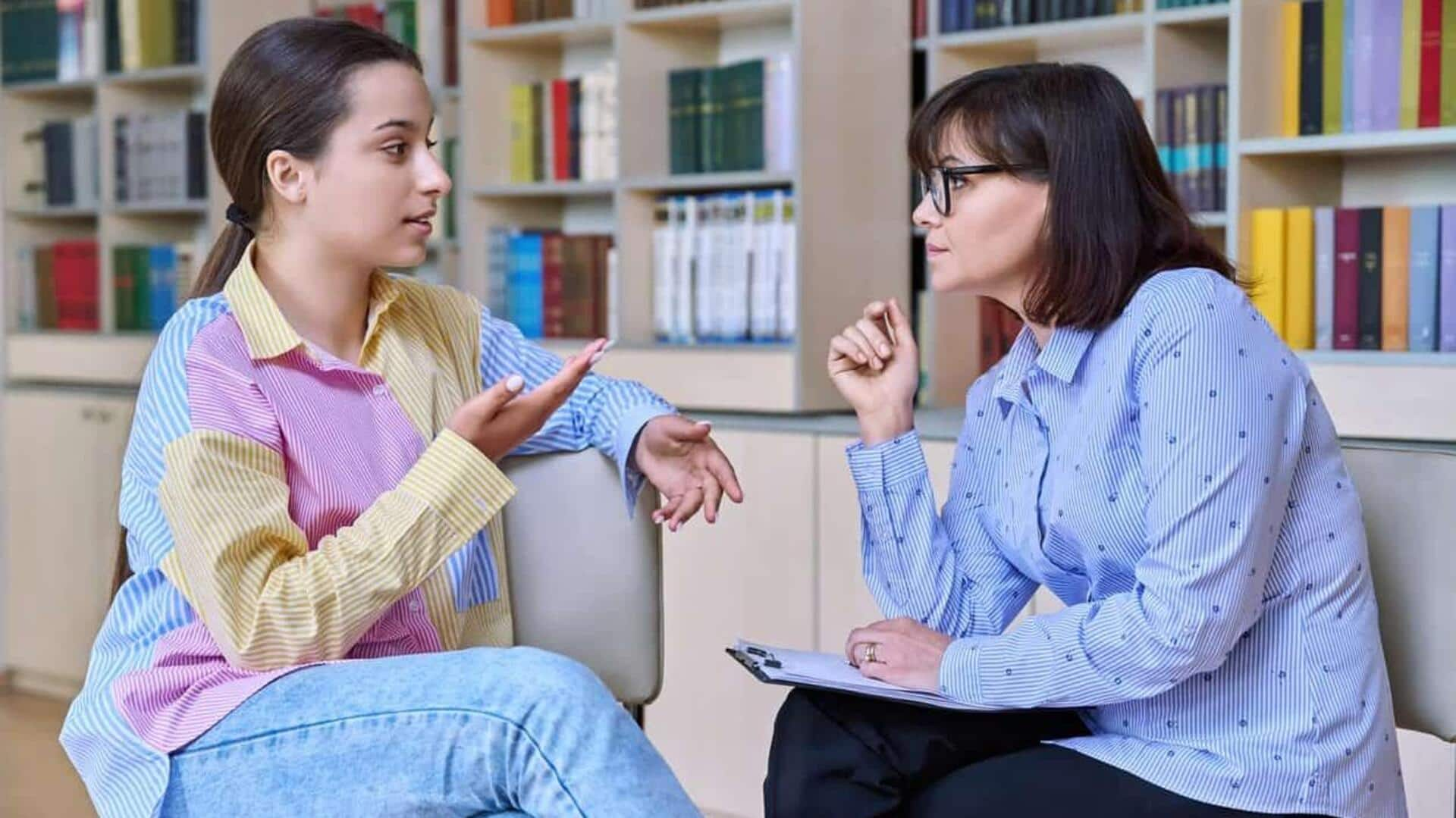
How to practice active listening and improve communication
What's the story
Active listening is a powerful tool that can improve communication and strengthen relationships. It involves fully concentrating, understanding, responding, and remembering what is being said. By practicing active listening, you can avoid misunderstandings and build trust with others. Here are five effective ways to improve your communication skills through active listening techniques.
Tip 1
Maintain eye contact
Maintaining eye contact is key to active listening. It shows that you are engaged and interested in the conversation. It also helps you pick up on non-verbal cues, such as facial expressions and body language, which can give you more context for what the speaker is saying. However, make sure your eye contact is natural and not too intense, as it may make the speaker uncomfortable.
Tip 2
Use reflective listening
Reflective listening means paraphrasing or summarizing what the speaker has said to confirm your understanding. This technique not only shows that you are paying attention but also gives the speaker a chance to clarify if you have misunderstood anything. By reflecting back what you have heard, you reinforce the message and allow for a more meaningful dialogue.
Tip 3
Ask open-ended questions
Open-ended questions encourage speakers to elaborate on their thoughts and feelings, rather than giving short or one-word answers. These questions start with words like "how" or "what," prompting deeper discussion and giving you more insight into the speaker's perspective. Open-ended questions also show that you are genuinely interested in understanding their point of view.
Tip 4
Practice empathy
Empathy is about understanding things from someone else's perspective, emotionally and intellectually. By practicing empathy while listening, you validate the speaker's emotions and experiences. This builds rapport and trust between both parties, making conversations more productive. Showing empathy means acknowledging feelings without judgment or interruption.
Tip 5
Minimize distractions
Minimizing distractions is critical for effective active listening. This includes putting away electronic devices, sitting in a quiet place, and giving your full attention to the speaker. By minimizing distractions, you can focus on the conversation and the speaker's message. This improves understanding and communication, making the interaction more meaningful and productive.